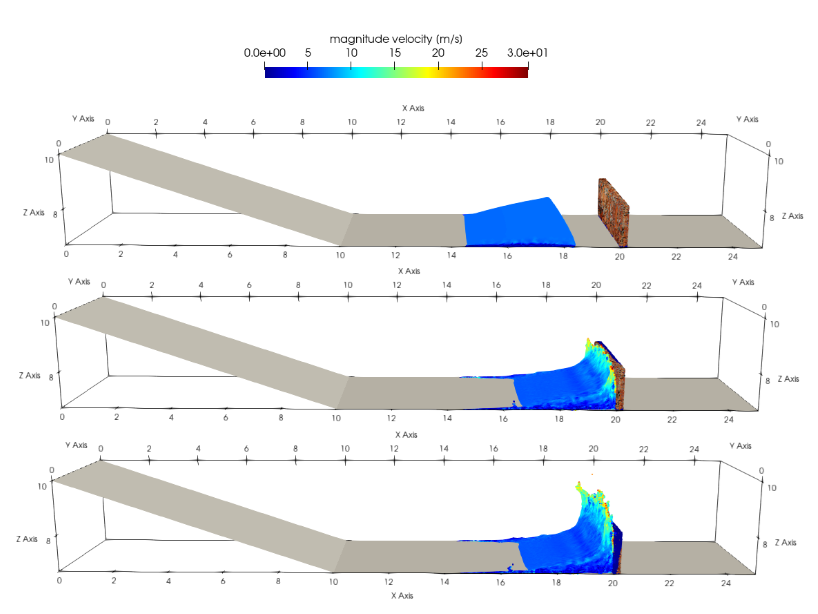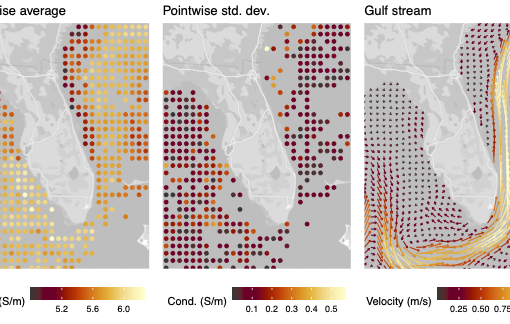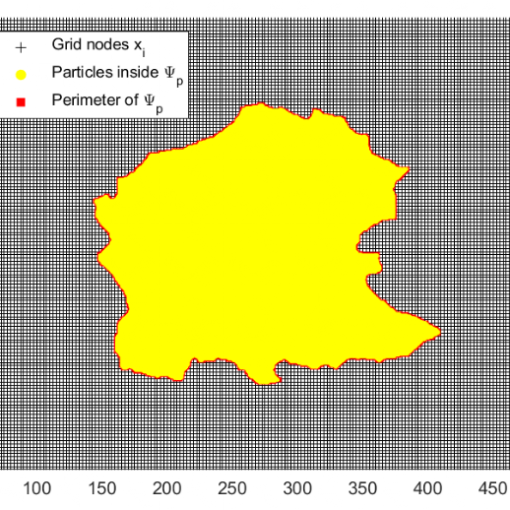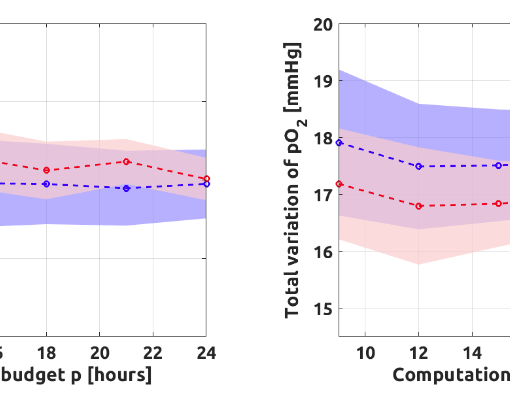A new MOX Report entitled “Landslide run-out simulations with depth-averaged models and integration with 3D impact analysis using the Material Point Method” by Fois, M.; Katili M. A.; de Falco C.; Larese A.; Formaggia L. has appeared in the MOX Report Collection. Check it out here: https://www.mate.polimi.it/biblioteca/add/qmox/42-2024.pdf Abstract: Landslides pose a significant threat to human safety and the well-being of communities, making them one of the most challenging natural phenomena. Their potential for catastrophic consequences, both in terms of human lives and economic impact, is a major concern. Additionally, their inherent unpredictability adds to the complexity of managing the risks associated with landslides. It is crucial to continuously monitor areas susceptible to landslides. In situ detection systems like piezometers and strain gauges play a vital role in accurately monitoring internal pressures and surface movements in the targeted areas. Simultaneously, satellite surveys contribute by offering detailed topographic and elevation data for the study area. However, relying solely on empirical monitoring is insufficient for ensuring effective management of hazardous situations, especially in terms of preventive measures. This study provides advanced simulations of mudflows a! nd fast l andslides using particle depth-averaged methods, specifically employing the Material Point Method adapted for shallow water (Depth Averaged Material Point Method). The numerical method has been parallelized and validated through benchmark tests and real-world cases. Furthermore, the investigation extends to coupling the depth-averaged formulation with a three-dimensional one in order to have a detailed description of the impact phase of the sliding material on barriers and membranes. The multidimensional approach and its validation on real cases provide a robust foundation for a more profound and accurate understanding of the behavior of mudflows and fast landslides.
You may also like
A new MOX Report entitled “PDE-regularised spatial quantile regression” by Castiglione, C.; Arnone, E.; Bernardi, M.; Farcomeni, A.; Sangalli, L.M. has appeared […]
A new MOX Report entitled “Efficient particle generation for depth-averaged and fully 3D MPM using TIFF image data” by Fois, M.; de […]
A new MOX Report entitled “Adaptive digital twins for predictive decision-making: Online Bayesian learning of transition dynamics” by Varetti, E.; Torzoni, M.; […]
A new MOX Report entitled “Deep learning enhanced cost-aware multi-fidelity uncertainty quantification of a computational model for radiotherapy” by Vitullo, P.; Franco, […]





